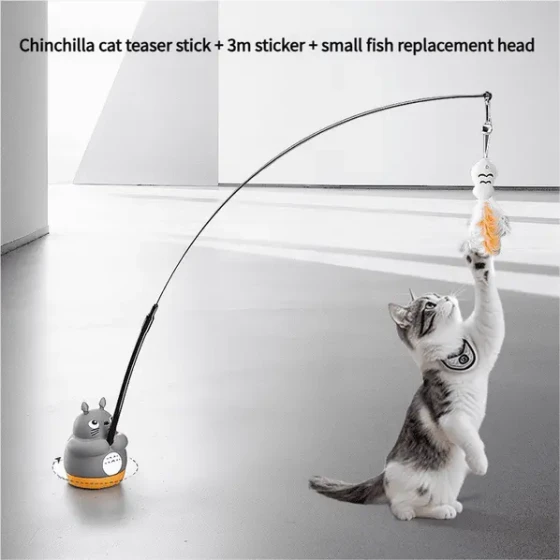Can cats actually eat chicken liver

Chinchilla
So chicken liver cannot be the main food for cats! The reasons are explained in detail below:
Chicken liver mainly contains protein, fat, carbohydrates, vitamin A, vitamin D, phosphorus, and other components. It is highly nutritious, palatable, and has a unique fishy smell favored by dogs and cats. However, long-term and exclusive consumption of liver can cause some diseases.
Obesity — Because chicken liver is rich in fat and carbohydrates, long-term consumption leads to energy surplus in dogs and cats, causing obesity. Excess weight increases the incidence of diabetes, pancreatitis, and cardiovascular diseases.
Skin itchiness — Chicken feed often contains growth promoters. Most of these chemicals are metabolized by the liver, so long-term eating chicken liver can cause food allergies or chronic cumulative poisoning, easily triggering skin diseases.
Vitamin A toxicity — Chicken liver contains a large amount of vitamin A. Feeding chicken liver mixed with carrots can cause excessive vitamin A in dogs, which if not excreted promptly leads to vitamin A cumulative poisoning, causing pain, lameness, and tooth loss.
Calcium deficiency — Because liver is high in phosphorus but low in calcium, and phosphorus inhibits calcium absorption, long-term consumption of liver can cause calcium deficiency, leading to rickets in young dogs and cats or osteomalacia in adults.
Bleeding — The body’s blood clotting requires calcium. If dogs and cats long-term consume liver causing calcium deficiency, coagulation dysfunction occurs, resulting in chronic or acute bleeding that is difficult to stop.
Postpartum convulsions — Dogs and cats that eat liver long-term lose a large amount of calcium due to lactation after giving birth, and their calcium reserves are already low, making hypocalcemia likely. Symptoms include panting, drooling, convulsions, and limb rigidity. Untreated, it may cause death.





